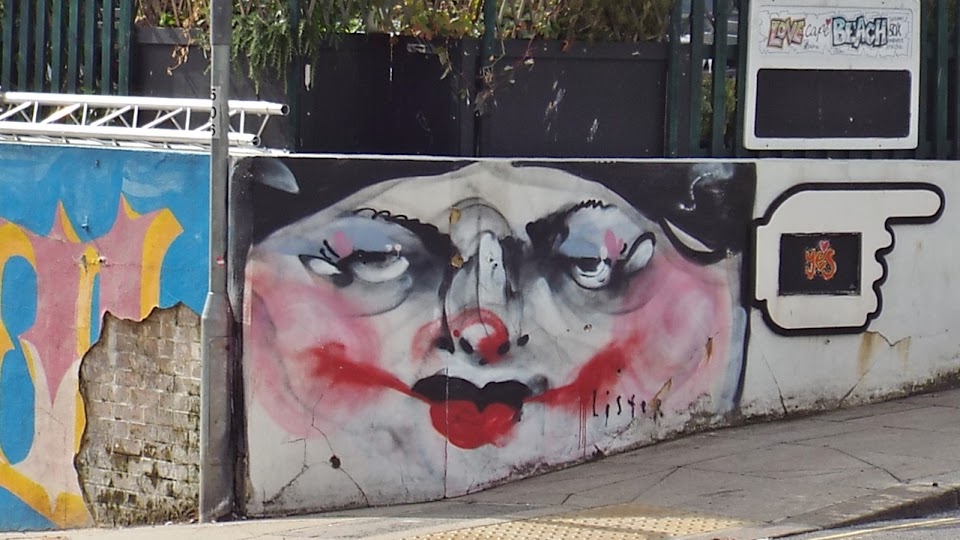This novel, expertly translated by Amanda Hopkinson, seems to me to capture the essence of this
fascinating and sometimes troubled artist in a way that no straight
biography ever could. Leonora Carrington was a true surrealist, though she
rejected their political and sexist ideology; Surrealism was fundamentally about plumbing the depths of the human
psyche and her depths were greater than most. So were her heights; she was the
anarchic, ambidextrous child, the White Mare, the rebellious hyena and the Giantess.
 Leonora’s imagery is extraordinary in its density, its
obscurity and Elena Poniatowska, who knew the artist well in the last decades of
her life, comes close to explaining Leonora’s meanings by divining the origins
of her thinking. The author’s writing is densely descriptive, like the artist’s
painting. It takes the reader on a journey beginning just below the surface of
family life in Crookhey Hall, Leonora’s childhood home, where the infant
Leonora is convinced she is a horse and ends with Leonora communing with
dolphins in Mexico. That necessity for a journey is the novelist’s prerogative,
there are no pictorial illustrations but why should there be when the writing is
so vivid?
Leonora’s imagery is extraordinary in its density, its
obscurity and Elena Poniatowska, who knew the artist well in the last decades of
her life, comes close to explaining Leonora’s meanings by divining the origins
of her thinking. The author’s writing is densely descriptive, like the artist’s
painting. It takes the reader on a journey beginning just below the surface of
family life in Crookhey Hall, Leonora’s childhood home, where the infant
Leonora is convinced she is a horse and ends with Leonora communing with
dolphins in Mexico. That necessity for a journey is the novelist’s prerogative,
there are no pictorial illustrations but why should there be when the writing is
so vivid?
I have studied Leonora Carrington over a number of years and
seen as many of her paintings as is possible in Europe; my knowledge of the
subject has not been challenged by this novelization of her life. I picked up a
single minor inaccuracy in the title of a painting, which faced with the sweep
of the story is insignificant. I won’t read a straight biography of Leonora
Carrington again, the basic facts are already known and for the rest, this remarkable,
imaginative account by Elena Poniatowska will do for me.
